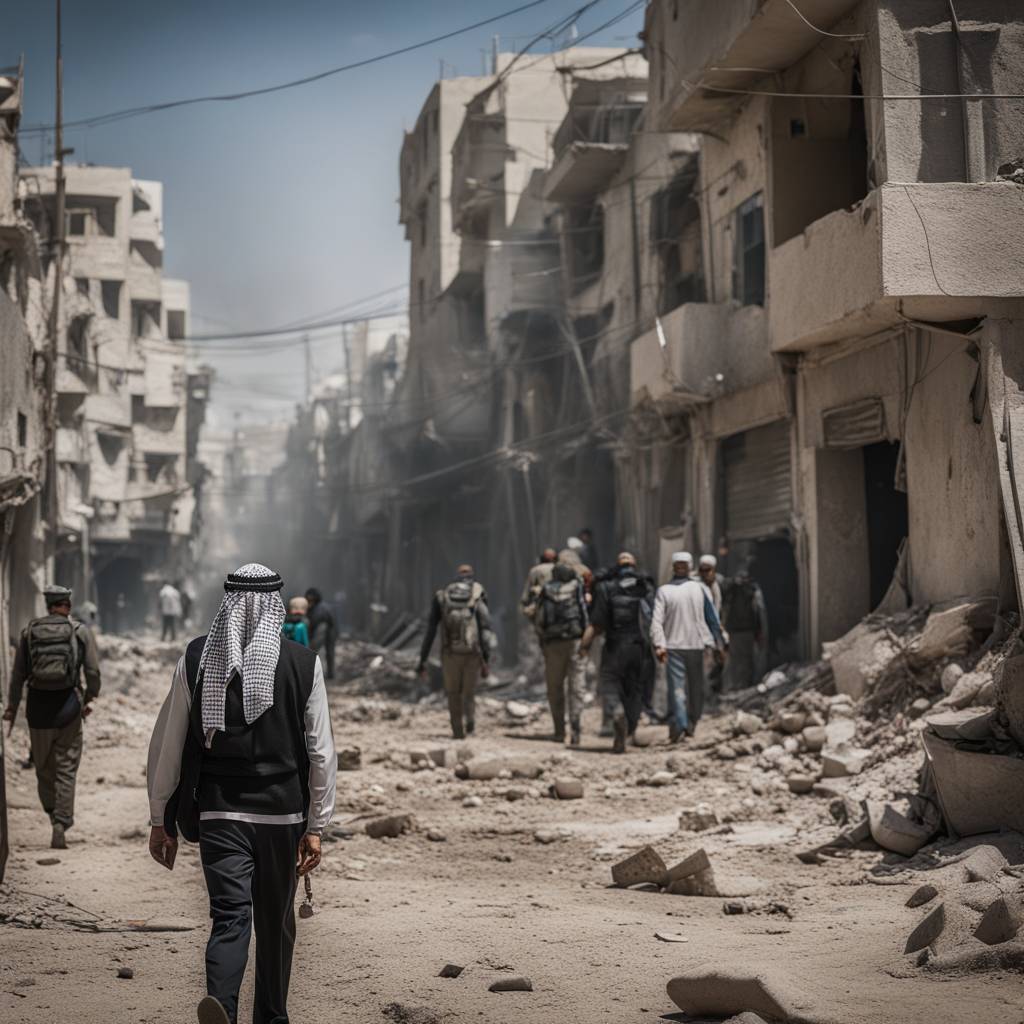After six months of conflict between Israel and Hamas, the fate of the Gaza Strip and the leadership of the Palestinians are uncertain. Hamas, which wants to destroy Israel and initiated the conflict, is currently leading in opinion polls. On the other hand, Fatah, the secular rival of Hamas and the leading party in the Palestinian National Authority, has been losing support over the years. The current conflict has further diminished Fatah’s legitimacy, with the majority of Palestinians calling for PA President Mahmoud Abbas to resign due to his perceived passivity and ineffectiveness.
The question of who will govern Gaza after the conflict ends is crucial. The U.S. supports the PA to take control, while Israel is considering imposing military rule. However, these options do not provide true political representation for Palestinians. A Columbia University professor suggests that a revived, democratic PLO, similar to the one led by Yasser Arafat in the past, is needed to effectively guide Palestinians in their quest for statehood. The PA’s reputation has been tarnished by accusations of misrule and corruption, allowing Hamas to capitalize on the dissatisfaction and gain support.
Despite the devastation in Gaza, Hamas’s leadership remains strong according to polls. The PA’s diminished role during the conflict further discredited Abbas and highlighted the need for a national leadership that can protect and represent the Palestinian people effectively. While there is no clear successor to Abbas within the PA, former military chief Marwan Barghouti is a popular figure with significant support. Although imprisoned since 2002, Barghouti is viewed as a unifying force in Palestinian politics, akin to Nelson Mandela in South Africa, but reaching a favorable agreement with Israel remains a challenge.
Considering the challenges the PA would face in governing Gaza, some are proposing an International Transitional Authority with a UN mandate to address the situation. This approach has been successful in other conflict-affected regions and could potentially provide a new direction for Gaza. However, it remains uncertain if this idea would be accepted by the parties involved, including Palestinians themselves. Overall, there is a growing need for a change in leadership in both Israel and Palestine to navigate the complexities of the Israeli-Palestinian conflict and work towards a peaceful resolution.


